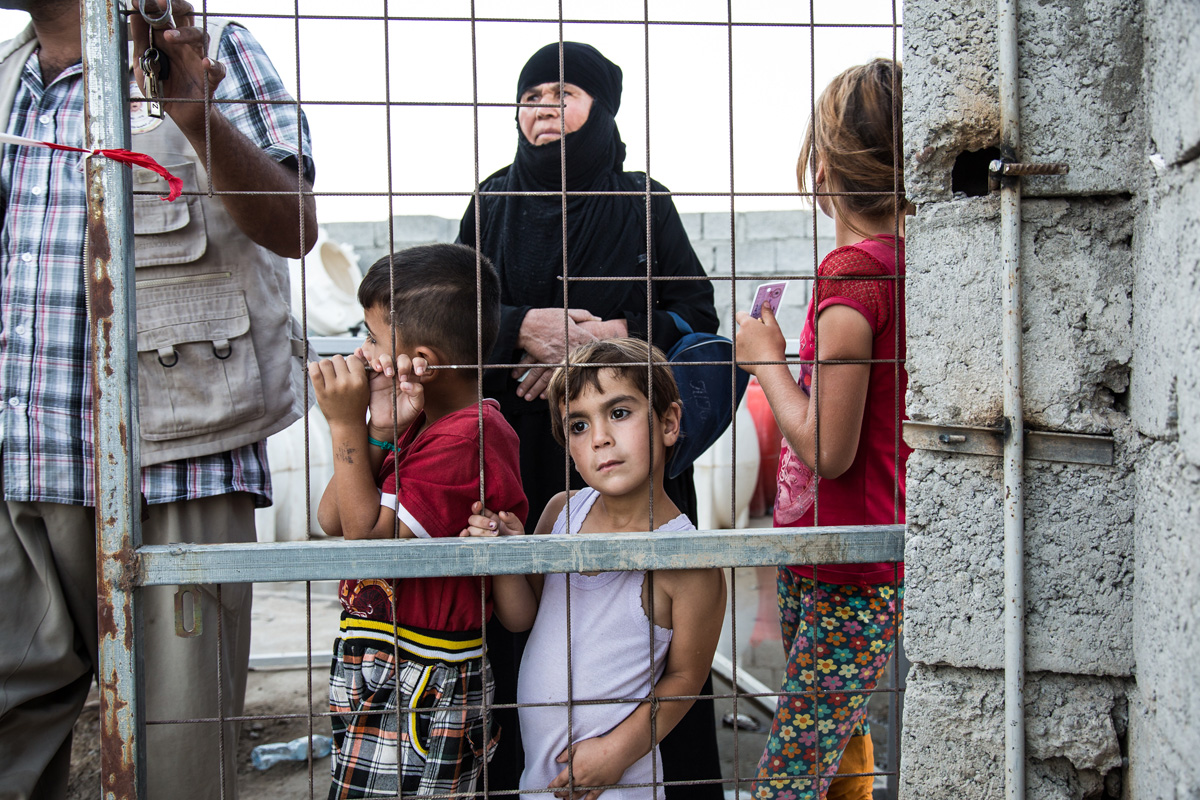Blog Home > responses
-

Identifying Genocide and Related Forms of Mass Atrocity
March 1, 2012
In a recent paper, Scott Straus, a 2011 Museum Fellow with the Committee on Conscience, explains why it is important for those concerned about preventing genocide to understand what genocide is and what it is not, how we can recognize it in its early stages, and what distinguishes genocide from other forms of mass atrocity. This conceptual analysis, he argues, will provide a framework for decision making about when and how to engage in specific cases.
-
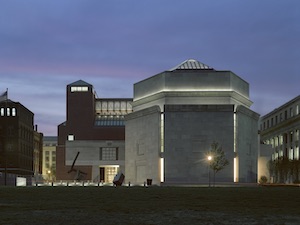
Crimes Against Humanity in Syria
February 24, 2012
We know from history that genocide and related crimes against humanity do not just arise spontaneously. They often take place in the context of civil war, when leaders commit such crimes to advance their goals of eliminating opposition or perceived enemies. In the civil conflict now raging in Syria, reporting by independent journalists and the United Nations leaves little doubt that conditions are being laid for a dramatic escalation of violence against civilians, possibly based on their membership in religious sects. Right now the majority Sunni population, perceived by the Alawite-dominated regime to be leading the opposition, are the primary victims, but if conditions deteriorate, other groups—including Druze, Christians, and Alawites themselves—could also be targeted.
-
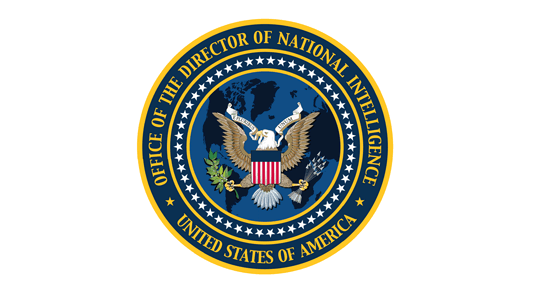
Annual Threat Assessment Highlights Mass Atrocity Prevention
January 31, 2012
Today, the President's Director of National Intelligence, James Clapper, delivered to the Senate Select Committee on Intelligence his annual threat assessment (PDF; external link). As has been the case since 2009, today's briefing included a section specifically devoted to mass atrocities, whose prevention the President has determined is in the national security interest of the United States.
-

An International Response to Prevent Future Genocides
January 27, 2012
Mary Creagh, British Member of Parliament for Wakefield, reflects upon International Holocaust Memorial Day by noting President Obama’s August 2011 Presidential Directive on Mass Atrocities (external link), as a “bold step to allow the US government to respond quickly to instances of potential mass atrocities and genocide.”
-
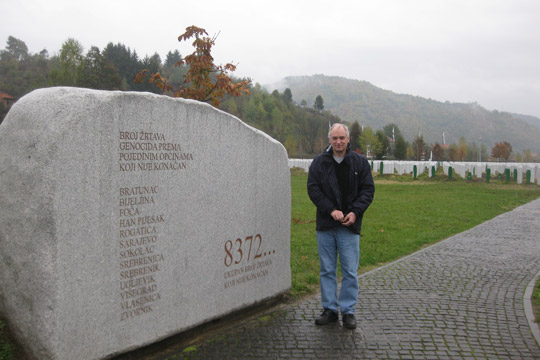
Museum Launches “Mladic Files” Documenting War Crimes Trial of Ratko Mladic
October 26, 2011
The Museum has launched “The Mladic Files,” a multimedia website providing reporting and analysis of the upcoming trial of Ratko Mladic in The Hague.
-

Death Toll Mounts in Syria as Government Expands Campaign of Violence
June 15, 2011
Civilians in Syria remain at grave risk of mass violence amidst ongoing human rights violations as the Syrian government continues its violent crackdown on protestors calling for democratic political reform and the end of the Assad regime. The government does not appear to be targeting people based on their group identity, but rather their political positions.
-

Threat of Mass Violence Against Civilians in Syria
May 23, 2011
Today, Syria is a country whose civilians are at risk of violence, with an estimated 1,000 people killed since mid-March, and countless others detained or missing. It is also a country whose regime allows little international access by foreign journalists, human rights groups, and aid groups and that offers few response options for those interested in stemming the potential for mass atrocities. As such, it provides a serious challenge for thinking about the limits and needs of a developing international civilian protection paradigm.
-
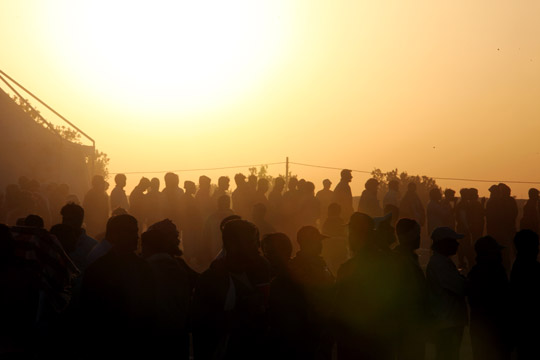
Libya Intervention Shows Shift in Thinking about Mass Atrocities
April 1, 2011
On Friday, April 1, Mike Abramowitz published an op-ed in The Washington Post about the intervention in Libya and what it means for efforts to prevent genocide and mass atrocities around the world:
-
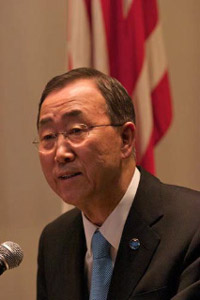
At Museum, UN Secretary-General Says “Never Again” is a Clarion Call to Moral Action
February 28, 2011
UN Secretary-General Ban Ki-moon visited the United States Holocaust Memorial Museum today, touring the Museum’s Permanent Exhibition, The Holocaust, and the Museum’s display on contemporary genocide, From Memory to Action.
-

At Museum, Vice President Biden Emphasizes Genocide is Preventable
February 25, 2011
Vice President Joe Biden was the featured speaker at a special event yesterday at the U.S. Holocaust Memorial Museum in honor of the life and legacy of the late U.S. Representative Tom Lantos.

